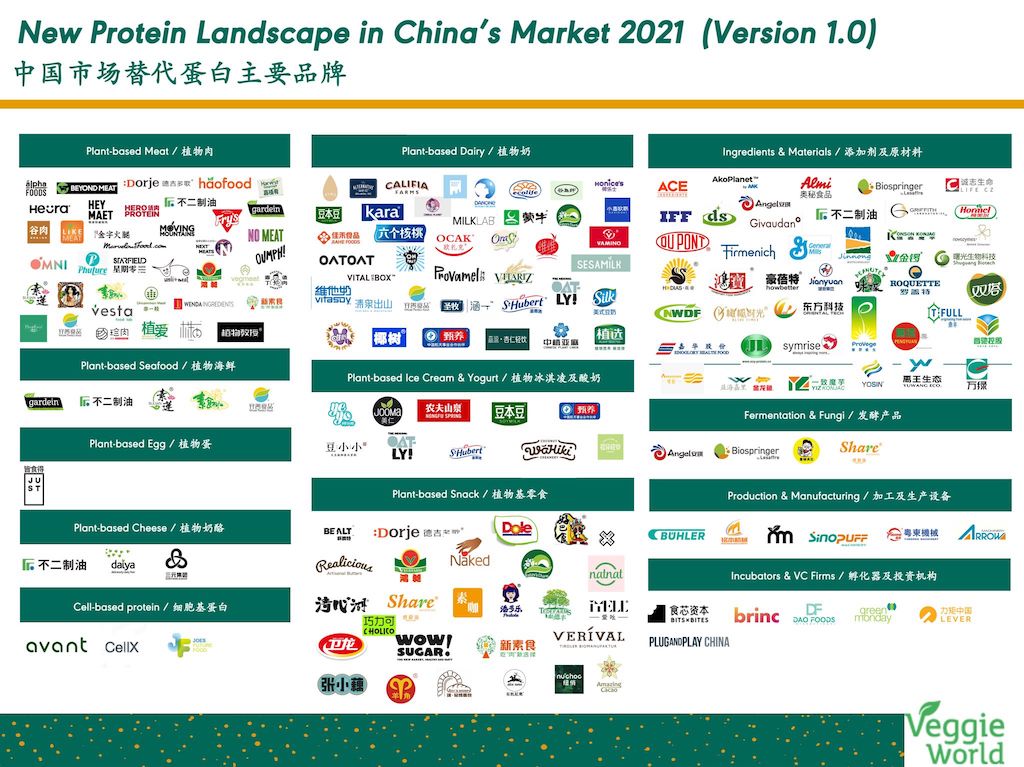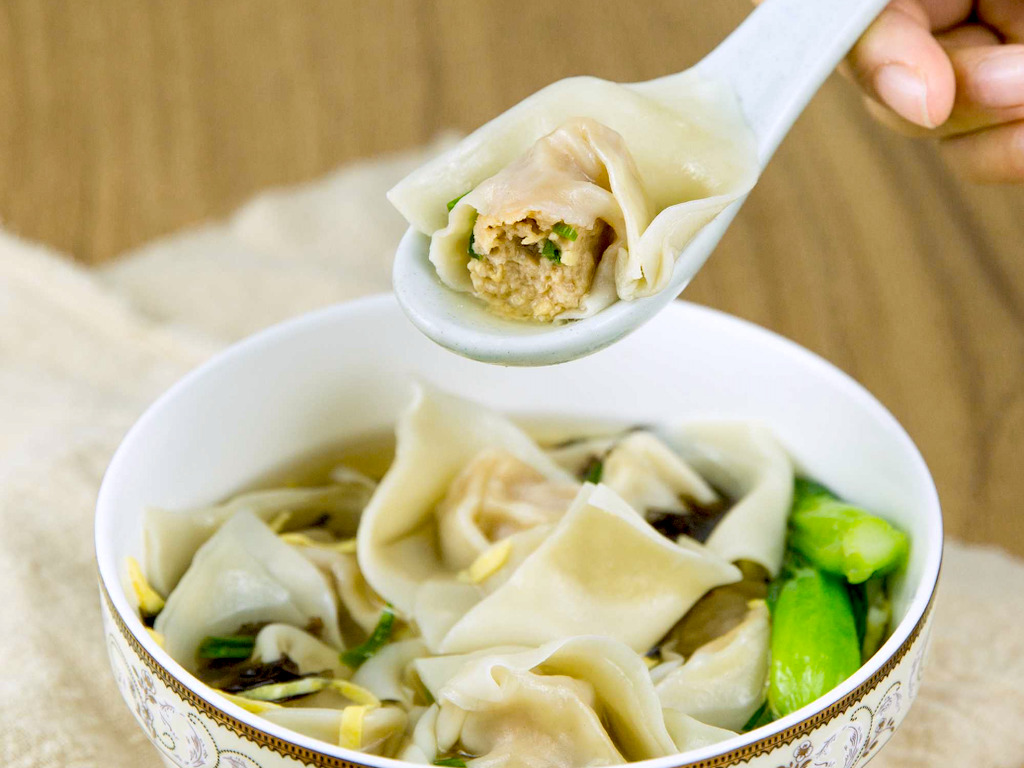4 Mins Read
An industry group in China has established a voluntary standard for plant-based meat products, marking a first for the country. Issued by the government-affiliated Chinese Institute of Food Science and Technology (CIFST), the standard outlines definitions and guidelines regarding labelling, packaging and storage of plant-based meats in yet another step forward for the growth and development of the alternative protein industry in China.
Beijing-based state-affiliated body CIFST, an industry group under the Chinese Academy of Agricultural Sciences, has issued the country’s first-ever voluntary standard for plant-based meat products. The voluntary standard, which will come into effect in June 2021, contains definitions, technical specifications and guidelines to govern the labelling, packaging, transportation and storage of plant-based meat alternative products in China.
Although still in its nascent stages, the plant-based meat industry in China has undergone significant growth in recent years, with CIFST citing more than a dozen homegrown plant-based firms having emerged since 2019.
“Companies are optimistic about the sector’s prospects, a sentiment that is reflected in increasing marketing activity and investment,” wrote the CIFST, in an official translation of the original Chinese-language report on the voluntary standard.

The latest statistics show that Chinese alternative protein firms raised US$127 million of the total US$6 billion that the wider agri-food tech industry in China bagged over 2020.
According to the industry standard laid out by the CIFST, plant-based meat products encompass those that are made from plant-based raw materials, such as beans, cereals, algae and fungi, which have been processed to mimic the flavour, appearance and texture of real animal meat, poultry or seafood.
These products should not contain any animal-derived ingredients, including dairy and eggs, and are “encouraged” to have a high-protein, low-fat and low-sodium content. While food additives can be used by plant-based meat producers, the guidelines say that non-plant ingredients should not make up more than 10% of the total mass of the item.

Regarding labelling, the standard dictates that the product’s plant-based attributes should be “clearly reflected” using either descriptive words or indications that the product is meant to simulate its animal-based counterpart.
“Descriptive words related to characteristics, flavour, texture, use, technology, method of consumption and source of ingredient can be used in product name, or to help expressing the characteristics of plant-based meat products,” wrote the CIFST. “The product label shall have words indicating that the product is different from animal meat products.”
For instance, an plant-based alternative for beef can be labelled as “plant-based beef” or use more specific descriptors for the format, such as “plant-based beef steak” or “plant-based beef hamburger”.
In addition to terms like “plant-based”, “plant-derived”, “plant-made” or simply “plant”, the standard notes that “vegetable” can also be used as an auxiliary descriptive term.

The move to establish the first voluntary industry standard for plant-based meat alternatives marks a significant step forward in the mainstreaming and growth of the industry in China, and signals the government’s increasing attention to alternative sources of protein to bolster its food resilience and security in the wake of the pandemic.
Speaking to Green Queen Media about the significance of the move, Shirley Lu, managing director of ProVeg Asia, said: “First, it establishes the naming of plant-based “meat”. Second, it specifically prohibits any use of animal-based oil and ingredients to ensure the integrity of the products.”
“The standard helps ensure the quality of plant-based products, promote development of the industry in China and as the first standard [of its kind] in the world, it serves as a reference for the international market,” Lu added.
The Chinese government has also previously signalled its intentions to support the development of cell-based proteins, with the national advisory body discussing the issue in 2020 as part of the country’s strategy to ensure the future of its protein supply.
Experts predict that with the rise in pandemic-related food safety, health and sustainability concerns, flexitarianism and plant-based eating will become increasingly mainstream amongst Chinese consumers and will drive major growth in the industry in the years to come.
Lead image courtesy of Hey Maet.




